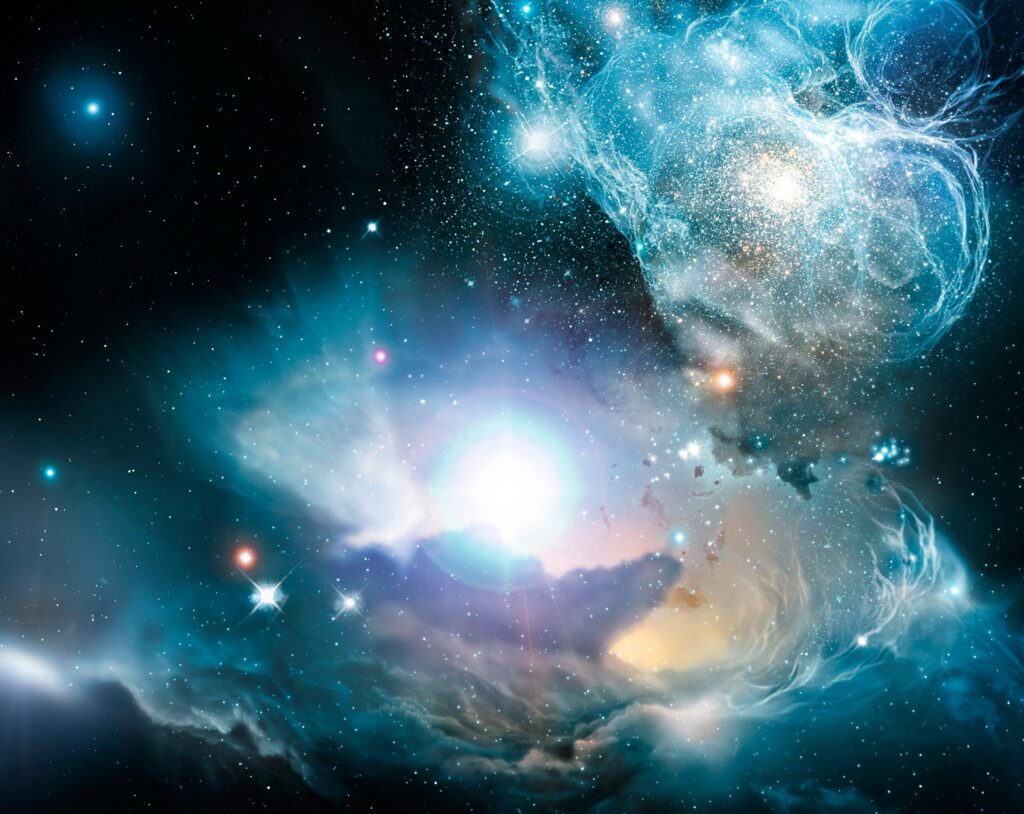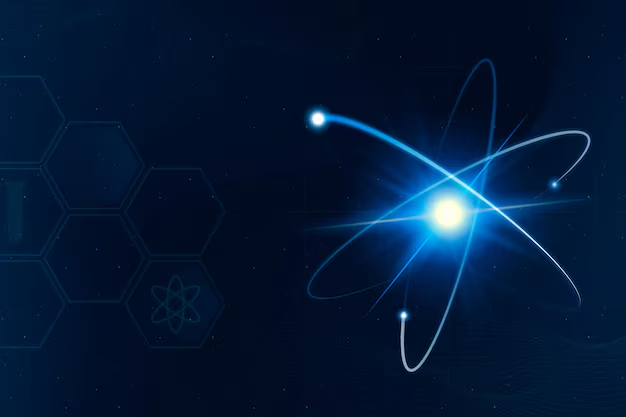Understandingt DARK Matter and DARK Energy: Uncovering the mysteries of universe
The universe, with its vast spread and complex functions, is source of amazing and fascinating facts. Among its numerous mysteries, dark matter and dark energy stand apart as two of the most mindblowing and convincing parts of present day astronomy. However they remain to a great extent slippery, their effect on the universe is significant. In this blog, we’ll investigate what dark matter and dark energy are, their roles in the universe, and why they make a difference to the area of cosmology.

What is Dark Matter?
Dark matter is a type of matter that doesn’t transmit, ingest, or mirror light, making it undetectable to current observational instruments. Regardless of its intangibility, dark matter creates a huge gravitational pull. This mysterious mass assists with making sense of why the galaxies and stars rotate at the rates they do and why they keep intact regardless of the great speeds at which their stars and different parts move.
The idea of dark matter came out of perceptions that proposed there was something else to the universe besides met the eye. For example, the rotational bends of universes — charts plotting the speed of stars as a component of their separation from the cosmic system’s middle — demonstrate that worlds turn a lot quicker than anticipated in light of noticeable matter alone. This disparity drove researchers to estimate the presence of dark matter.
The origin of Dark Matter
As the dark matter itself has not been straightforwardly noticed, its presence is surmised through its gravitational impacts. Different hypothetical particles, like WIMPs (Weakly Collaborating Massive Particles) and axions, have been proposed as base for dark matter. Various examinations, including those including complex finders and underground research facilities, plan to identify these particles or notice their belongings in alternate ways.

What is Dark energy?
Assuming dark matter is the puzzling substance that keeps cosmic systems intact, dark energy is the power that drives and speed up extension of the universe. Found in the last part of the 1990s through perceptions of far off supernovae and the enormous microwave foundation, dark energy is remembered to make up around 68% of the universe.
The idea of dull energy emerged from the acknowledgment that the development of the universe, which had been easing back because of gravitational fascination, is really speeding up. This revelation was noteworthy on the grounds that it recommended that some power — named dim energy — was neutralizing gravity on an inestimable scale.
The role of Dark Energy
Dark energy is guessed to be a property of room itself. As the universe extends, more space is made, and in this manner, more dim energy is created. This peculiarity can be made sense of through the idea of the “cosmological steady,” a term presented by Albert Einstein, which initially addressed an unpleasant power to adjust gravity and accomplish a static universe.
Why Understanding out Dark Matter and Dark Energy Matters
Concentrating on dark matter and dark energy is significant in light of multiple factors. To begin with, they make up around 95% of the universe’s complete mass-energy content. Understanding their inclination can give experiences into the basic design and eventual fate of the universe. Also, these examinations push the limits of material science, prompting expected new hypotheses and revelations that could change how we might interpret reality.
In addition, investigating dull matter and dim energy can reveal insight into the set of experiences and development of the universe, from its beginning during the Enormous detonation to its possible destiny. Such information could likewise influence related fields like molecule material science and quantum mechanics, offering a more thorough image of the powers that oversee the universe.

Conclusion
Dark matter and dark energy are two of the best secrets in present day cosmology. While dull matter makes sense of the design and conduct of cosmic systems, dim energy drives the sped up development of the universe. However still to a great extent mysterious, continuous examination vows to unwind these grandiose riddles, possibly reforming how we might interpret the universe and our place inside it. As science keeps on examining these central secrets, we draw nearer to uncovering the real essence of the universe.
